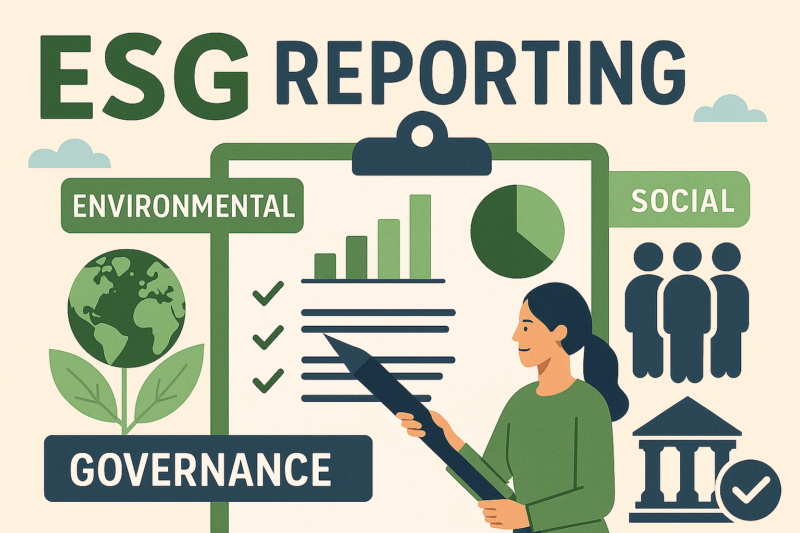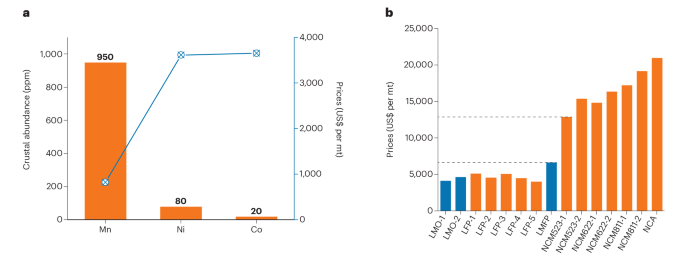The Rise of Private Share-Backed Finance in Thailand: What to Know Before You Borrow

Picture this: You’re an entrepreneur in Thailand sitting on a portfolio of valuable shares, or perhaps you’re an investor looking for ways to unlock liquidity without giving up ownership of your prized securities. You’ve probably heard the buzz about share-backed finance Thailand solutions and wondered if it’s the right move for you.
Welcome to the world of securities-backed lending Thailand, a financial tool that’s gaining serious traction across the country. In this blog, we’ll break down everything you need to know about this growing trend — from how it works to its pros, cons, risks, and opportunities. Whether you’re new to the concept or exploring your options, this guide will help you navigate the ins and outs of private share-backed finance with confidence.
What Is Share-Backed Finance?
Let’s start with the basics. Share backed finance Thailand refers to loans or credit lines that are secured by shares (or other securities) you own. In simple terms: you pledge your shares as collateral in exchange for cash.
What makes this type of financing so appealing is that you don’t have to sell your shares to access liquidity. Your shares act like a security deposit — the lender holds them as collateral, and you get to use the funds for personal or business needs.
This type of lending has been popular in global financial hubs for years. But recently, securities-backed lending Thailand has started to boom. Private lenders, family offices, and boutique financial institutions are offering flexible share-backed loans, appealing to investors, entrepreneurs, and even high-net-worth individuals in Thailand who want to unlock value from their holdings without losing control.
Why Is Share-Backed Finance Growing in Thailand?
Several key trends are fueling the rise of share-backed finance Thailand:
A Dynamic Stock Market
Thailand’s stock exchange (SET) has grown in both size and complexity. More Thais and regional investors are holding equities, creating a larger pool of potential borrowers for share-backed loans.
Rising Demand for Alternative Credit
Traditional bank loans often require strict documentation, credit checks, and lengthy approval processes. For entrepreneurs and investors who need quick liquidity, private share-backed financing offers a faster and often less bureaucratic solution.
Flexibility and Customization
Private lenders in Thailand have been innovating. They offer customizable terms, allowing borrowers to negotiate loan amounts, interest rates, and repayment schedules that align with their unique financial goals.
Wealth Management Strategies
Securities-backed lending Thailand is increasingly used as a strategic wealth management tool. Borrowers can access cash for investments, business expansions, or lifestyle needs while keeping their portfolios intact to benefit from future gains or dividends.
How Does Share-Backed Finance Work in Thailand?
Here’s a simplified breakdown:
-
You pledge your shares or securities — these could be publicly traded stocks, bonds, or other marketable instruments.
-
A lender assesses the value of your portfolio and offers a loan based on a percentage of that value (often 50%-70%).
-
You receive funds, either as a lump sum or as a credit line.
-
You repay the loan according to agreed terms while the lender holds your shares as security.
-
Once repaid, your shares are returned — or, in the case of default, the lender may liquidate your shares to recover the debt.
Thailand’s private market offers both recourse and non-recourse options, meaning in some cases the lender’s recovery is limited to the pledged shares (protecting the borrower from further liability).
Key Things to Know Before You Borrow
Before diving into share-backed finance in Thailand, here’s what you should consider:
1. Understand the Loan-to-Value Ratio (LTV)
LTV refers to how much you can borrow against the value of your securities. In Thailand, LTVs typically range from 50% to 70%. Highly liquid and stable stocks usually get higher LTVs, while more volatile or thinly traded shares might secure a lower percentage.
2. Watch Out for Margin Calls
If the value of your pledged shares drops significantly, the lender may require you to add more collateral or repay part of the loan to maintain the agreed LTV. This is known as a margin call — and it’s something to plan for.
3. Compare Interest Rates and Fees
Interest rates in securities-backed lending Thailand can vary based on the lender, loan structure, and risk profile of the pledged shares. Some lenders also charge arrangement fees, management fees, or early repayment penalties.
4. Know Your Rights and Risks
In a worst-case scenario, if you default on the loan, the lender can sell your pledged shares. Make sure you understand the terms and conditions before signing any agreement.
5. Seek Independent Advice
It’s always wise to consult financial advisors or legal experts who understand Thailand’s lending laws and market practices. They can help you review contracts and assess potential risks.
Who Is Using Share-Backed Finance in Thailand?
The profile of borrowers using share-backed finance Thailand is diverse:
-
Entrepreneurs — seeking quick liquidity for business expansion or working capital.
-
High-net-worth individuals — accessing funds for lifestyle needs (property purchases, luxury goods) without liquidating investments.
-
Investors — leveraging existing portfolios to seize new investment opportunities.
-
Corporate executives — using share-backed loans as part of tax or estate planning strategies.
The flexibility of these loans makes them attractive to anyone holding sizable share portfolios.
Benefits of Share-Backed Finance in Thailand
Let’s talk about why this financing model is so popular:
-
Speed — Unlike traditional loans, securities-backed lending is often approved quickly since the shares provide immediate security.
-
No need to sell — Borrowers retain ownership of their securities, preserving their long-term investment strategy.
-
Flexible use of funds — Whether you’re expanding a business, investing elsewhere, or covering personal expenses, there’s generally no restriction on how you use the money.
-
Potentially lower rates — Because the loan is secured by valuable assets, lenders may offer more attractive interest rates compared to unsecured loans.
Risks to Watch For
Every opportunity comes with risks. Here’s what borrowers should be mindful of:
-
Market volatility — A significant drop in share value could trigger a margin call or force liquidation of your assets.
-
Over-leverage — Borrowing too much against your portfolio might expose you to unnecessary financial stress if markets turn sour.
-
Hidden fees — Some lenders may charge hefty fees that aren’t immediately obvious. Always read the fine print.
-
Reputation risks — For public company executives, pledging shares may raise governance or disclosure concerns.
The Regulatory Landscape
Thailand’s financial sector has made strides in creating a more transparent environment for private lending, but the market is still evolving. Unlike banks, many private share-backed lenders are lightly regulated, so due diligence is essential.
Key tip: Choose lenders who are reputable and who offer clear, written agreements. Avoid deals that seem too good to be true — they usually are.
Real-Life Example
Let’s say an entrepreneur in Bangkok holds $5 million worth of publicly traded shares. They want to raise $2.5 million to open a new factory. Selling the shares would mean losing future dividends and possible appreciation.
Instead, they pledge their shares to a private lender offering securities-backed lending Thailand services. The loan is approved within days, the entrepreneur gets the capital, and the business expands — all while their share portfolio continues to work for them.
Final Thoughts: Is Share-Backed Finance Right for You?
If you’re in Thailand and hold a portfolio of valuable securities, share-backed finance could be an efficient, flexible way to access liquidity without selling off assets. But like any financial tool, it’s not one-size-fits-all. The key is to weigh the benefits against the risks and work with trusted partners.
Whether you’re exploring Securities backed lending Thailand for business growth, personal liquidity, or investment leverage, make sure you do your homework. Understand the terms, plan for market ups and downs, and seek professional guidance where needed.
ern investors and entrepreneurs in Thailand looking to put their portfolios to work without selling off valuable assets. The key is smart planning, clear understanding of the risks, and partnering with the right lender.







































































































![[Updated] B-2 Spirit Bombers Struck Iranian Nuclear Sites](https://theaviationist.com/wp-content/uploads/2025/06/B2sGuam_2.jpg)











































